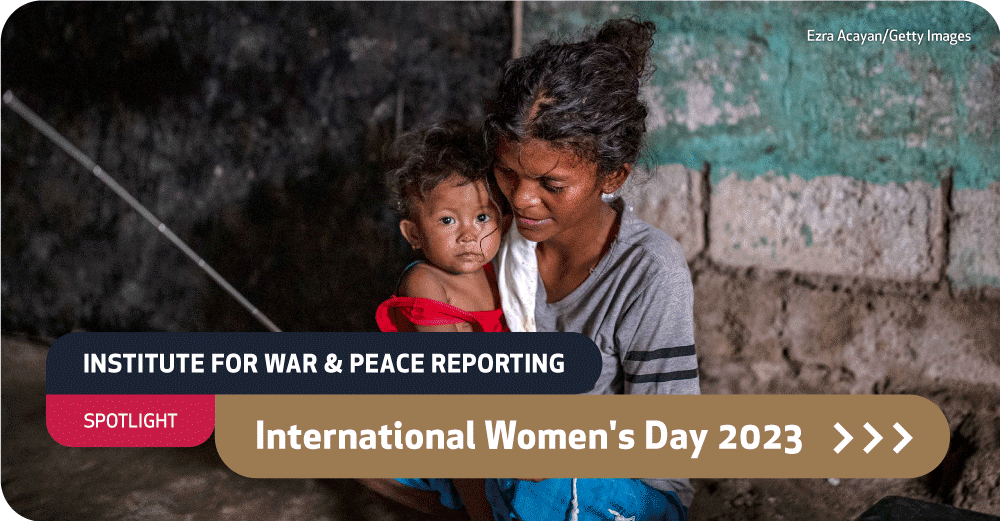Boosting Women’s Role in Peace and Security
Eastern Neighbourhood scheme aims to empower projects in Armenia, Azerbaijan, Georgia and Moldova.
Boosting Women’s Role in Peace and Security
Eastern Neighbourhood scheme aims to empower projects in Armenia, Azerbaijan, Georgia and Moldova.
“An informed woman is a strong woman,” said Marina Gazea, secretary of the Molovata Nouă local council in Transnistria. This, she said, was the most important lesson she learned in the training held by Moldova’s Centre for Social Justice as part of IWPR’s Building Resilience in the Eastern Neighbourhood (BREN) project.
BREN is delivering 32 sub-grants to civil society and women’s rights organisations in Armenia, Azerbaijan, Georgia and Moldova to support security, equality and social justice.
Gazea said that the Centre for Social Justice workshop was the first time she had heard of the 2000 UN Security Council Resolution 1325 on women, peace and security. This landmark resolution acknowledged the disproportionate and unique impact of armed conflict on women and girls.
“An informed woman is a strong woman.”
Gazea said, “Only by learning, participating in training, getting involved and transmitting the accumulated information to other women can we change something in society and in our thoughts as women.”
The BREN project builds the capacity of civil society organisations and activists to educate and empower girls and women in their regions and countries. The aim is to create a ripple effect of change that extends beyond the direct beneficiaries of the project.
Originally from Ukraine, Nadiia Vasylieva has lived in Moldova since Russia’s full-scale invasion began last year. She took part in a workshop to empower Ukrainian women run by Moldova NGO Human Right’s Embassy.
The training inspired her to begin developing her own educational project on human rights protection that she plans to launch in a series of videos on social networks.
“Moldova has a strong and humane legal framework. The law protects us, we should not be afraid to turn to it,” Vasylieva told IWPR.
Attitudes towards women’s empowerment vary between the different BREN project countries, and in-depth research has informed project needs and priorities.
In Azerbaijan, women involved in public or political life often face prejudice, on top of the lack of financial resources, infrastructure, and proper legislation on NGOs.
“Today, an Azerbaijani woman is afraid of public criticism, raising her voice in the family, the smallest act of domestic violence and she doesn't trust herself and hides,” said Sumiyya, a 20-year-old political science student.
She said that a training run by the Young Women Peace Academy (YWPA), which is creating a network of Azerbaijani stakeholders and campaigners, had galvanised her to play a more active role as an advocate.
“The failure to break the stereotypes that have hardened for years in society causes women to remain in the background as the second gender in society,” Sumiyya said.
Gunel Safarova, chair of the Citizen Research and Development Public Union, argued that problems went beyond the lack of education and information available to women about their rights and freedoms in Azerbaijan.
Safarova’s organisation joined the Women Agenda Task Force, created under a BREN-funded project to consolidate the women’s movement as an integral part of the country’s civil society.
“This is a good platform and strong network,” Safarova said. “It is considered more legitimate as it includes women NGOs from all fields. Within a year, we will be able to meet more decision makers, discuss strategy and establish proper communication.”
The Building Resilience in the Eastern Neighbourhood (BREN) project is supported by the Integrated Security Fund of the United Kingdom and is implemented in partnership with the Global Network of Women Peacebuilders (GNWP).

